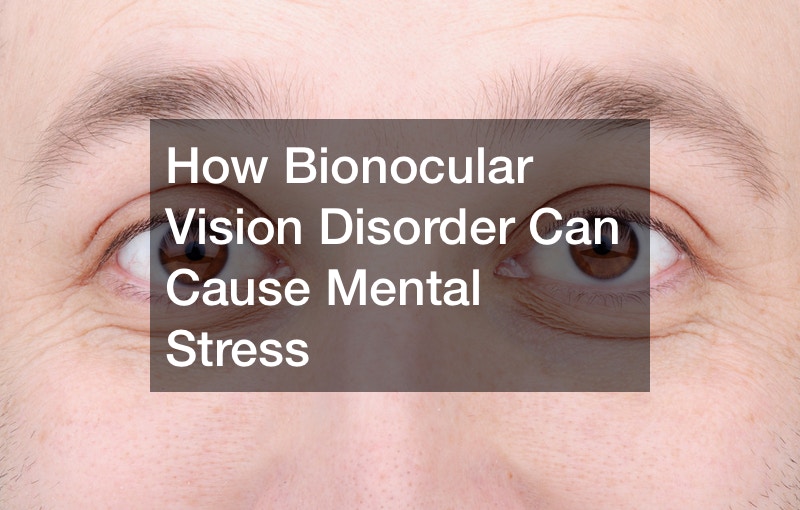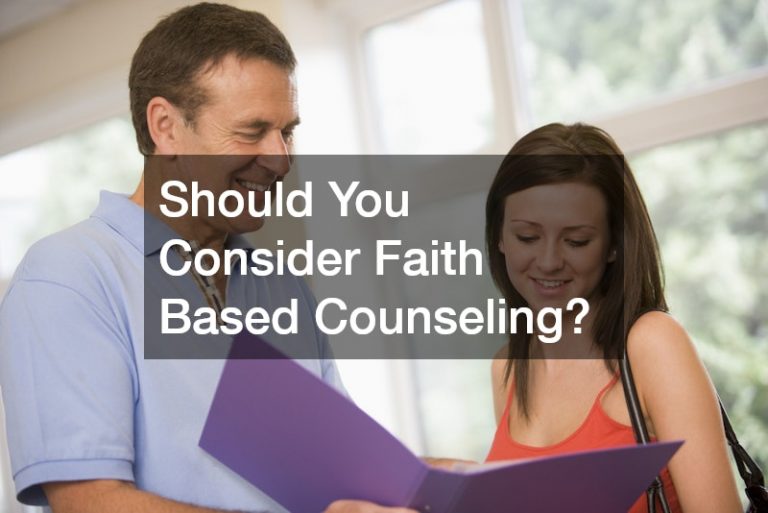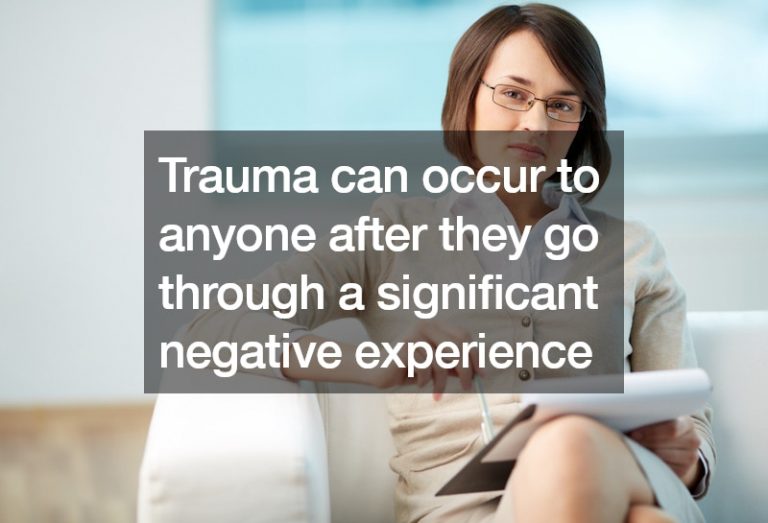
The most common symptoms of bionocular vision disorder are blurriness and double vision that will not go away. Images tend not to stay still, but quiver.The Neuro Visual Center of New York looks at how binocular vision disorder can cause anxiety.
We rely heavily on our sense of vision to get around. When we can’t rely on our sight, our sense of security is shaken.
Binocular vision disorder can cause pain in the eyes or head because the eye muscles are working hard to try and create a single image. Pain can increase feelings of anxiety, since you do not feel safe in your environment.
Another cause of anxiety with binocular vision disorder is worrying about offending others when trying to talk to them face-to-face. You are not quite where the other person’s face is when you have constant blurry or double vision. It can be impossible to get facial clues from the other person. Telling others that you are having problems seeing also causes stress, since you are admitting to weakness.
It is normal to feel anxious when you suffer from a vision problem. It’s important to see an eye doctor for blurry or double vision first, rather than a therapist.



